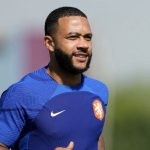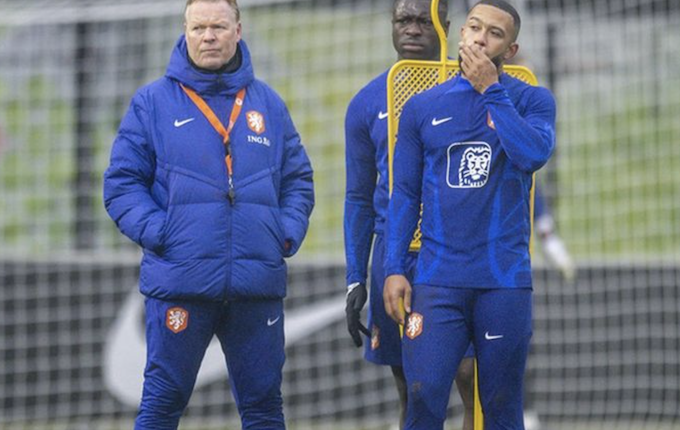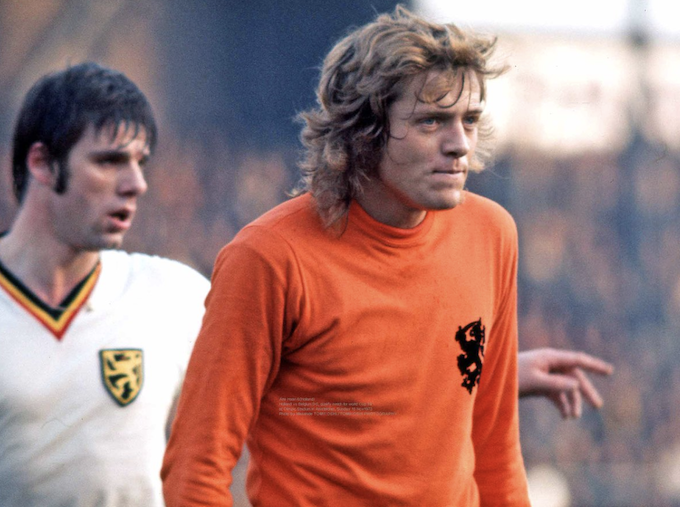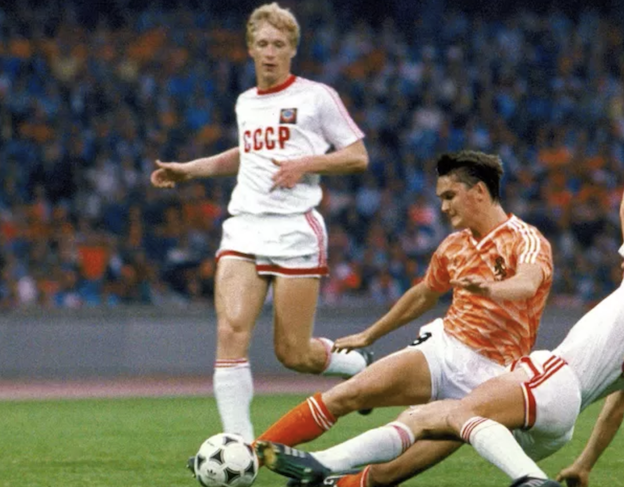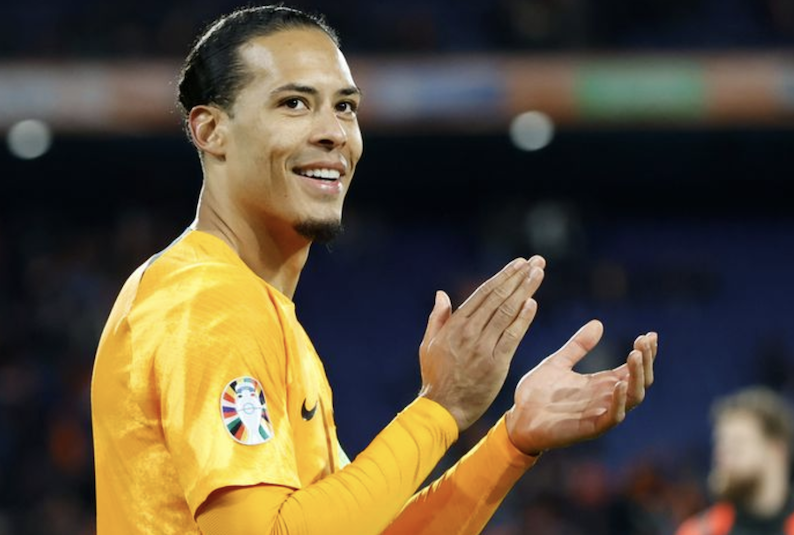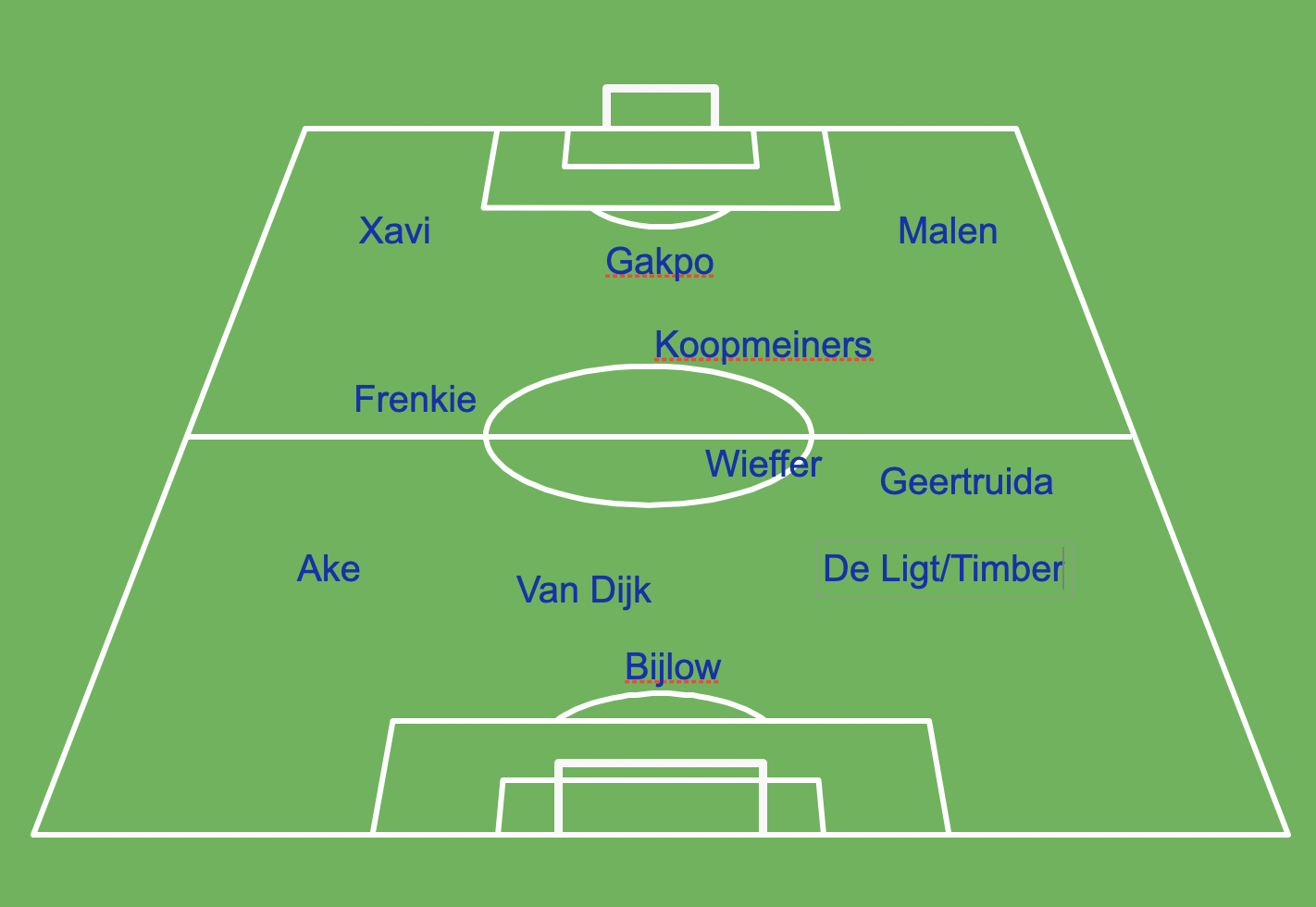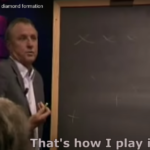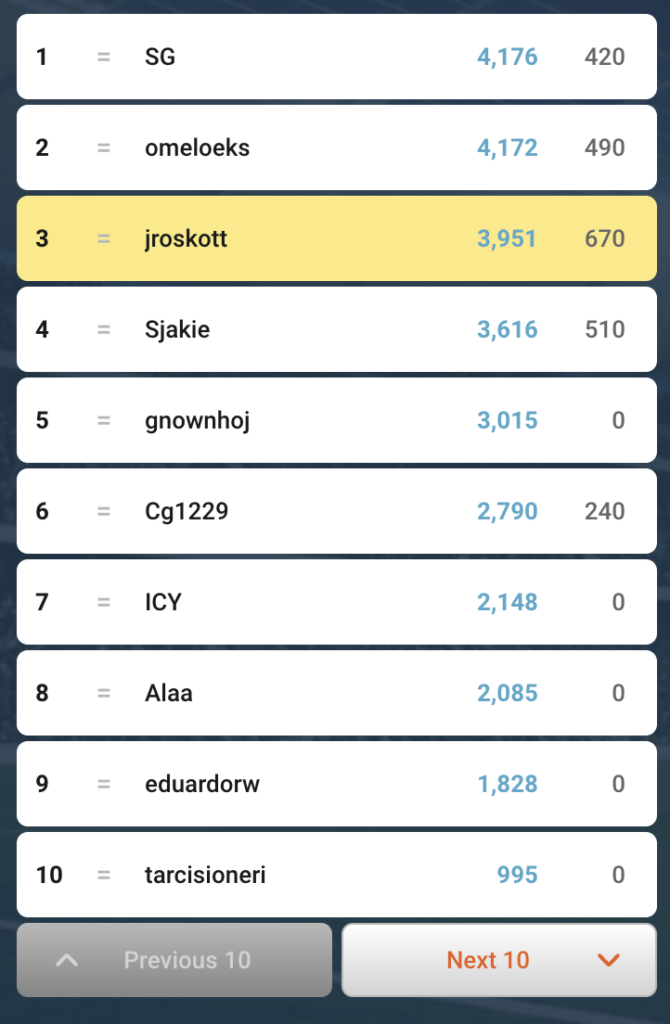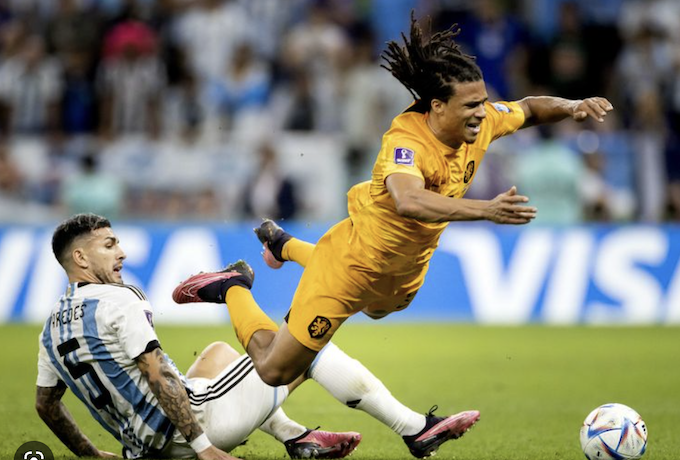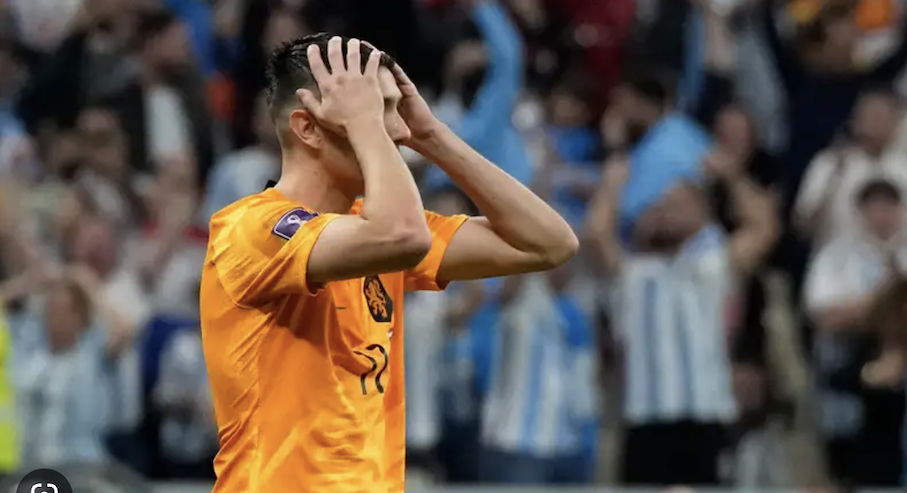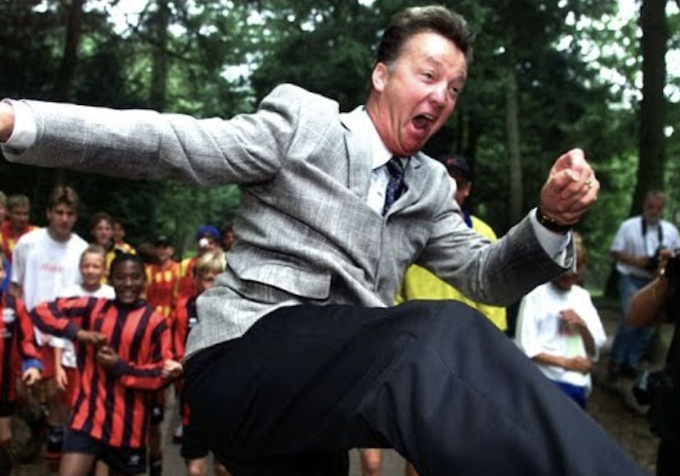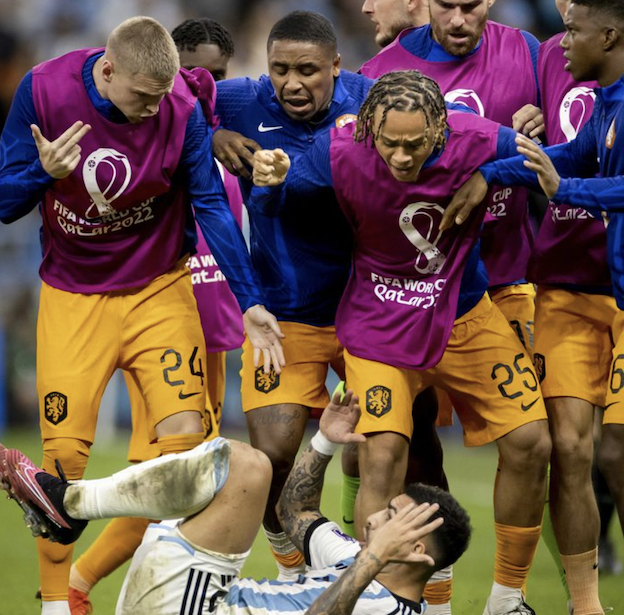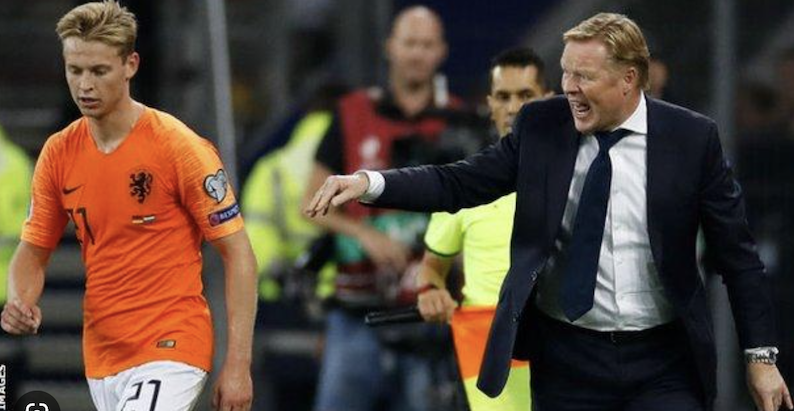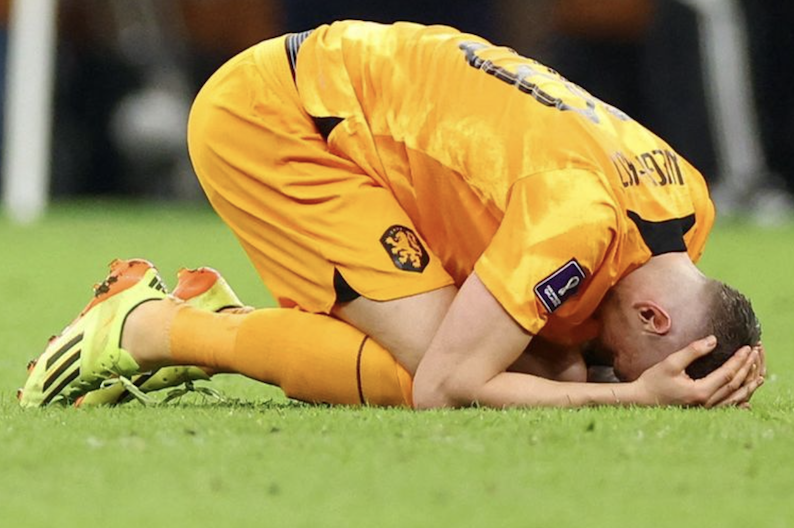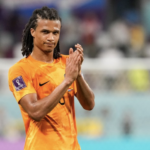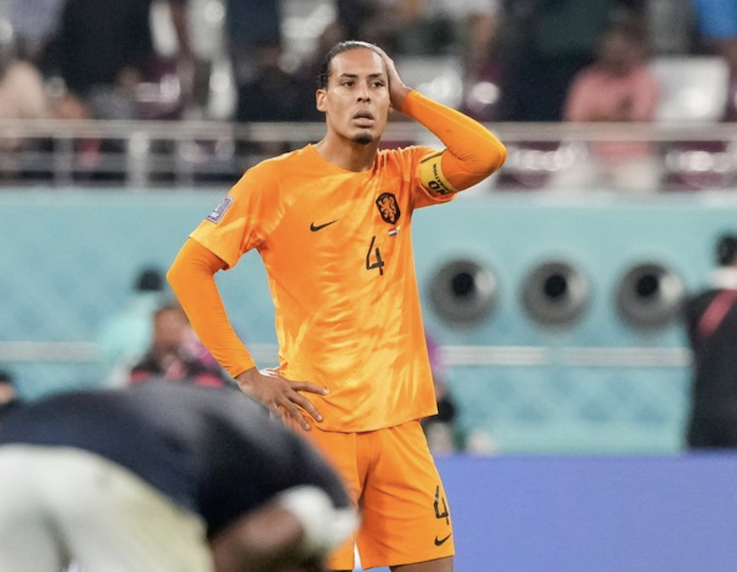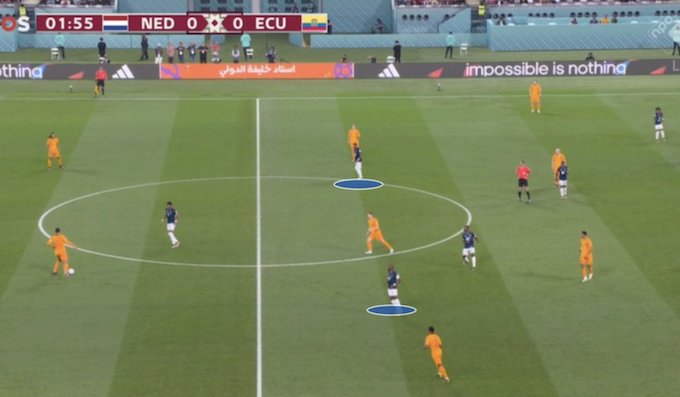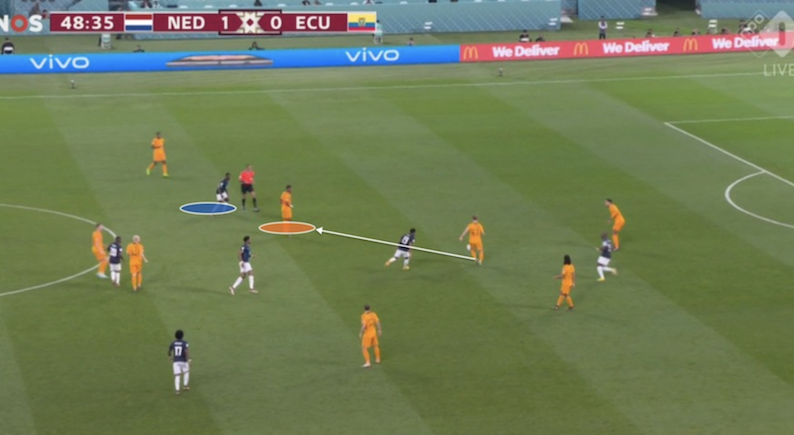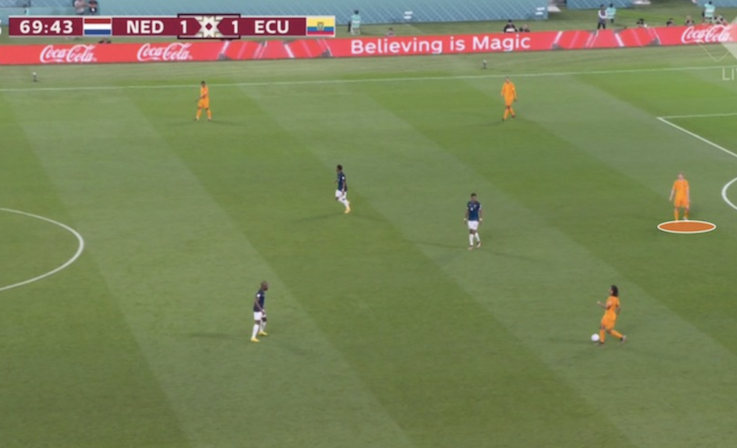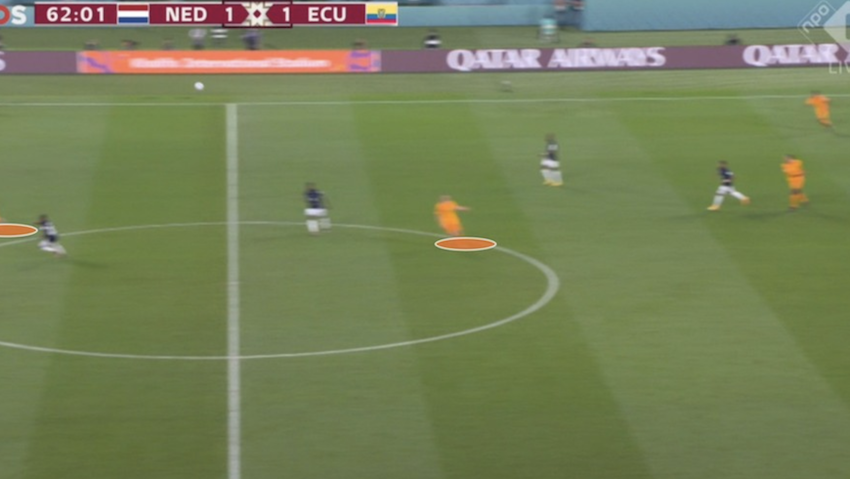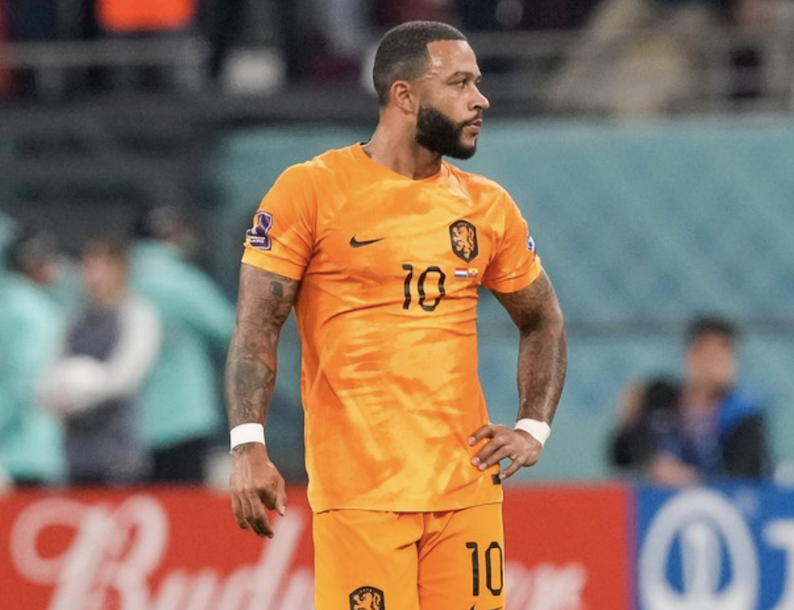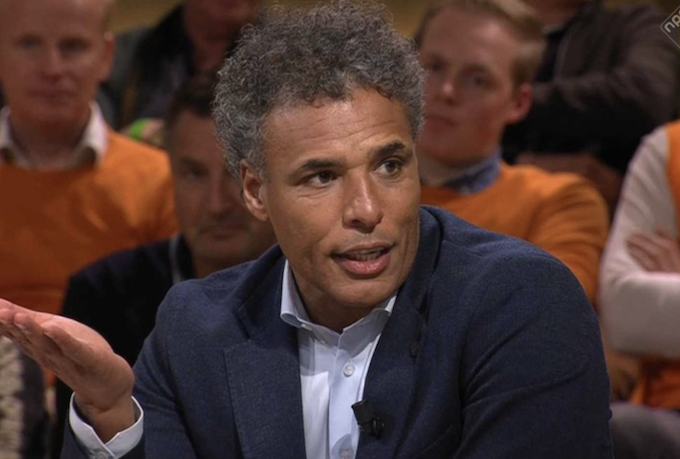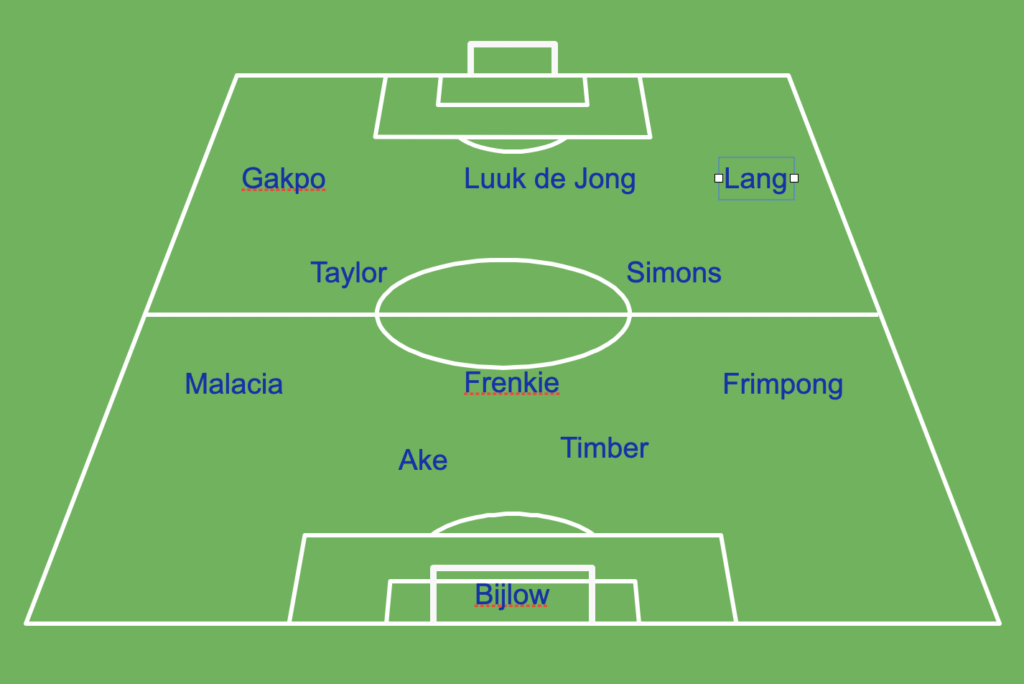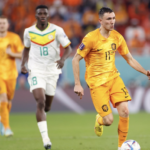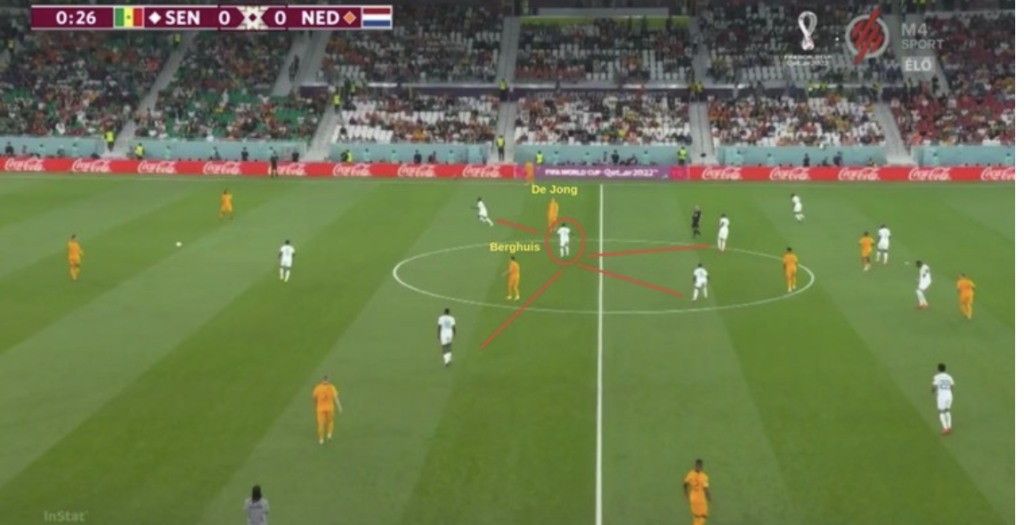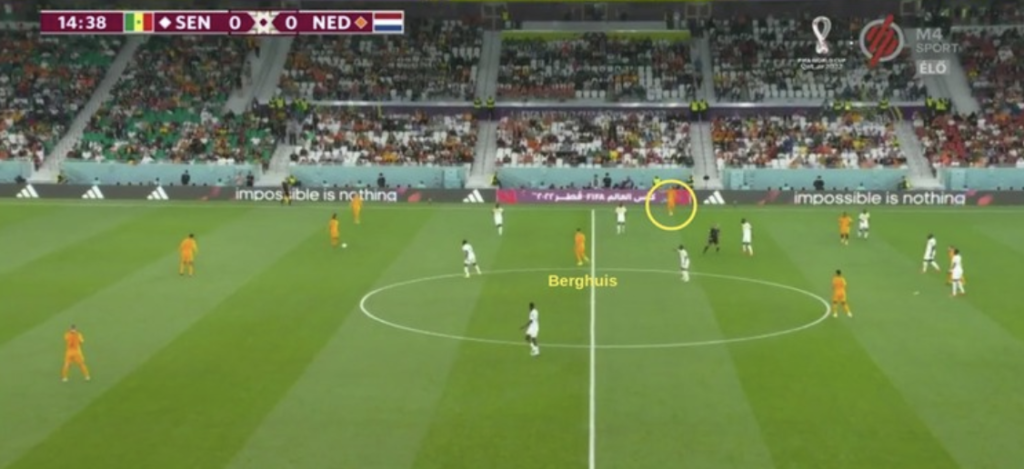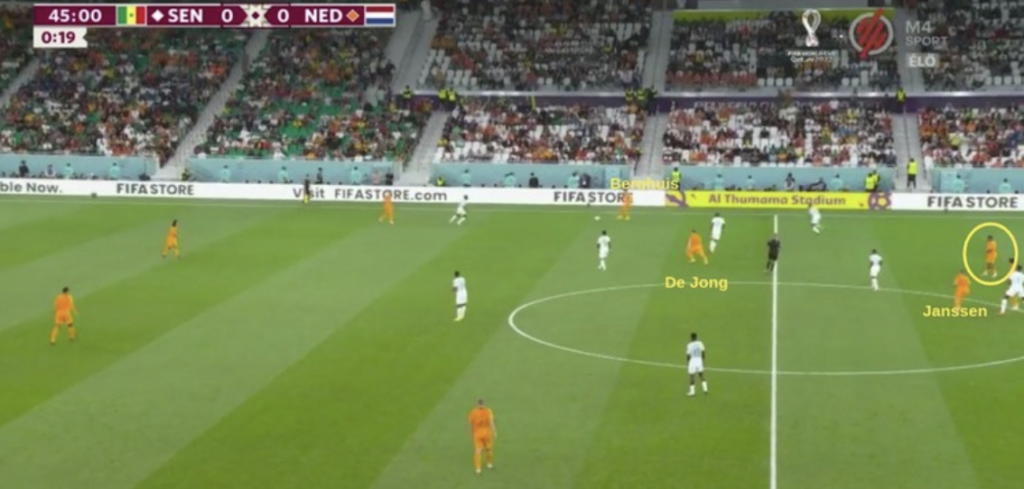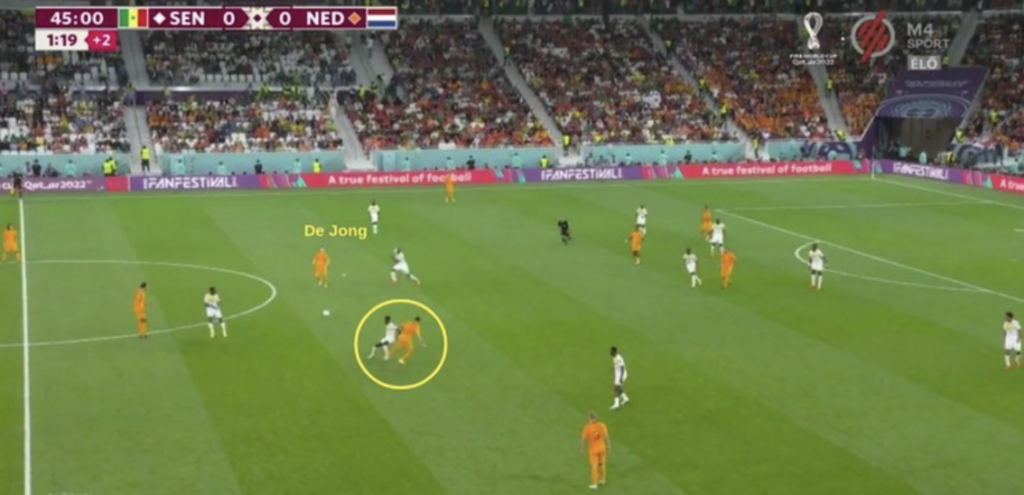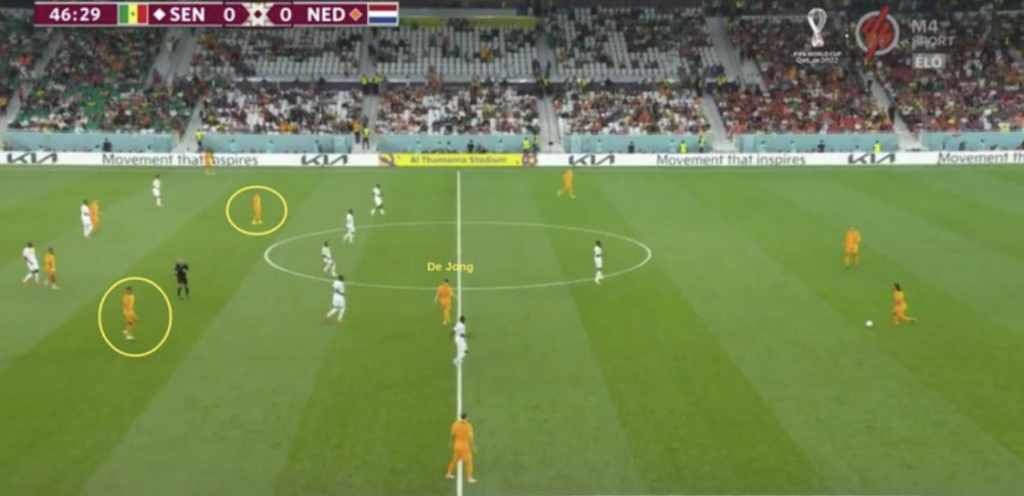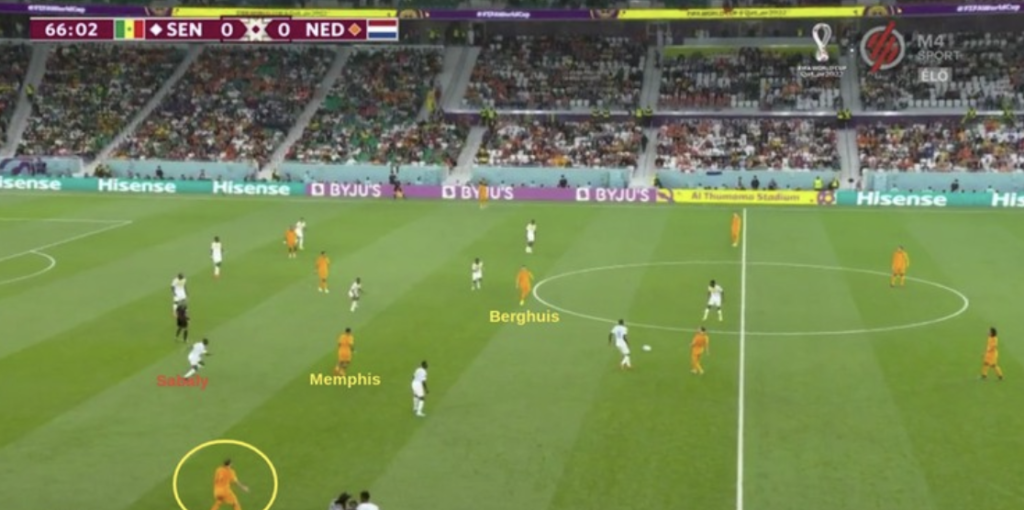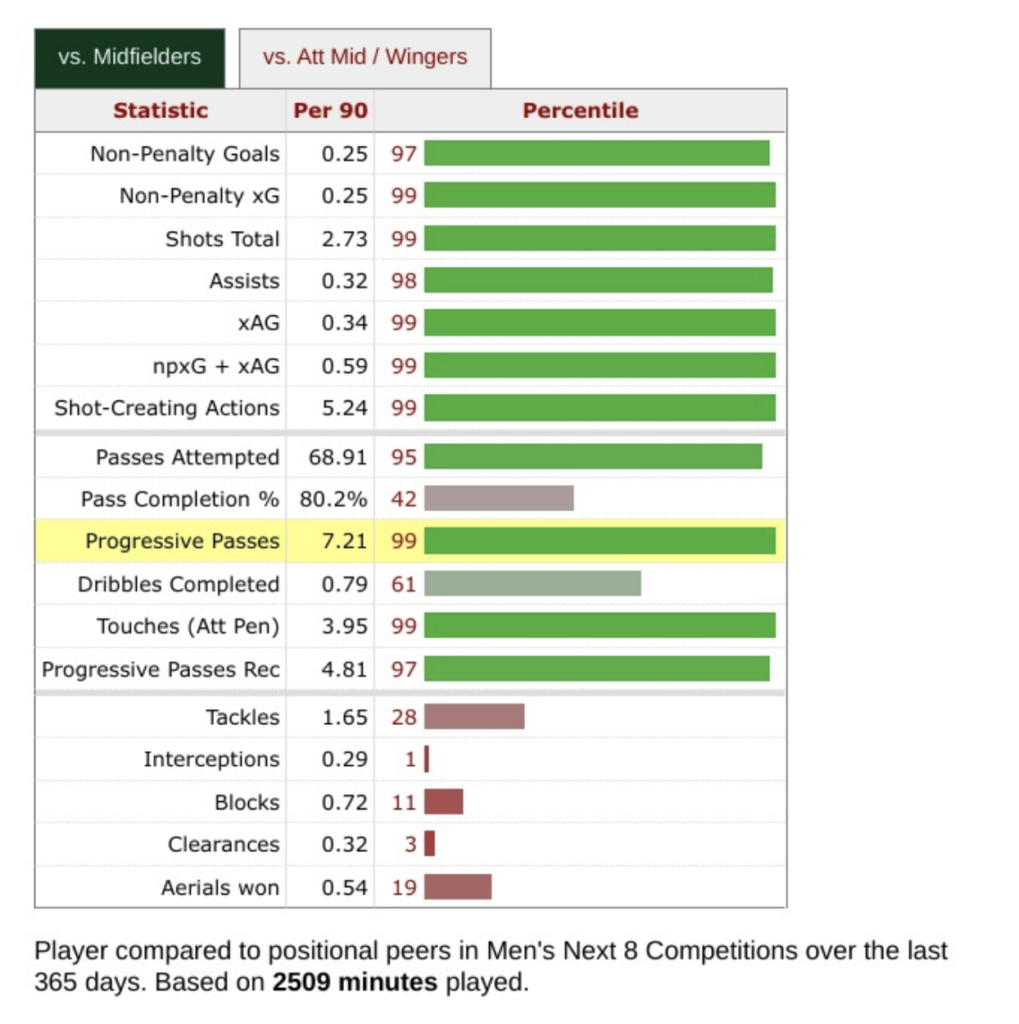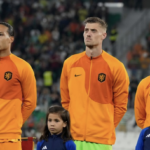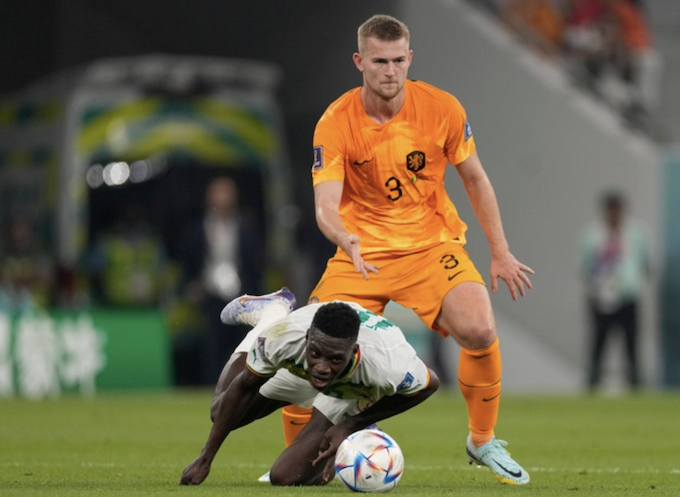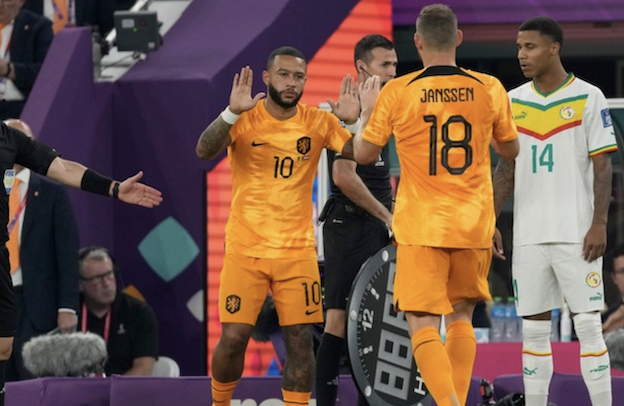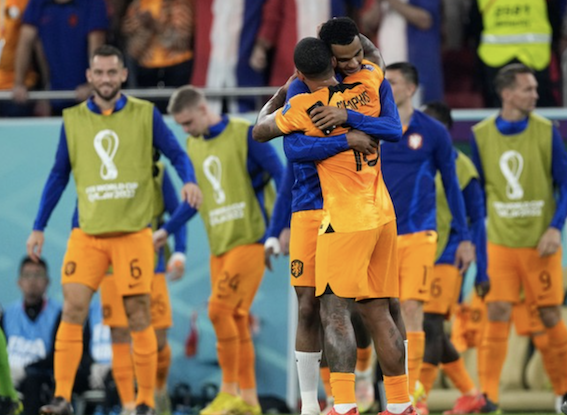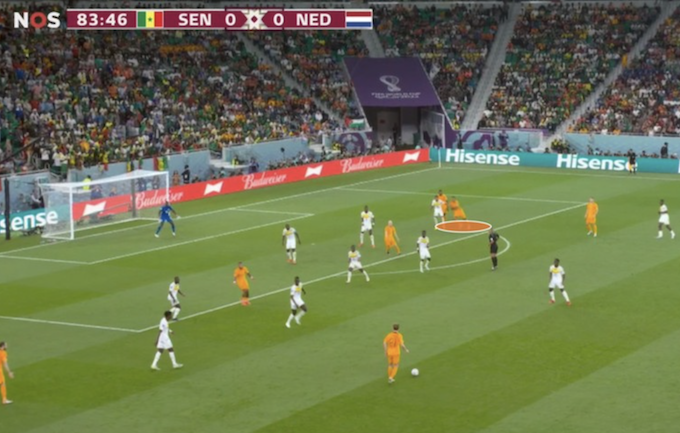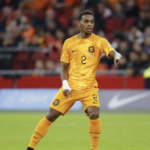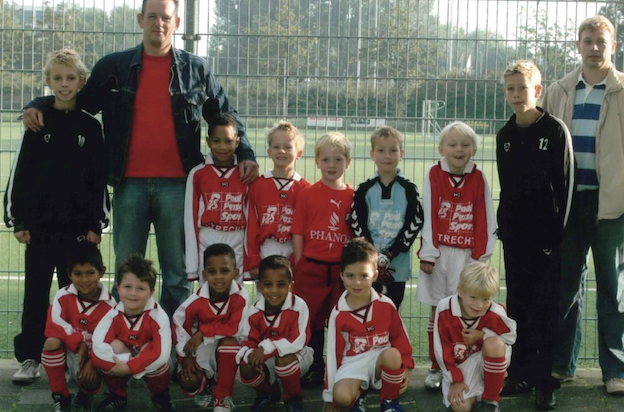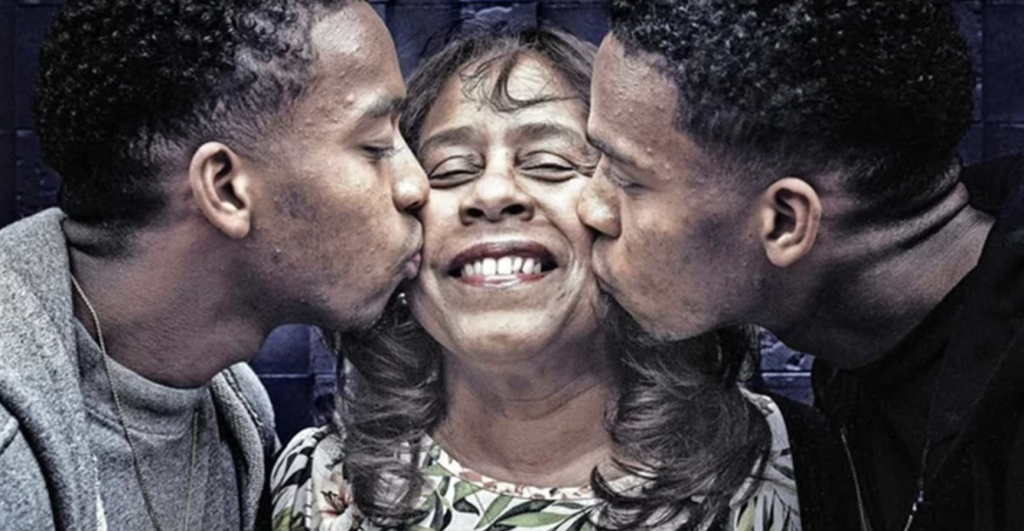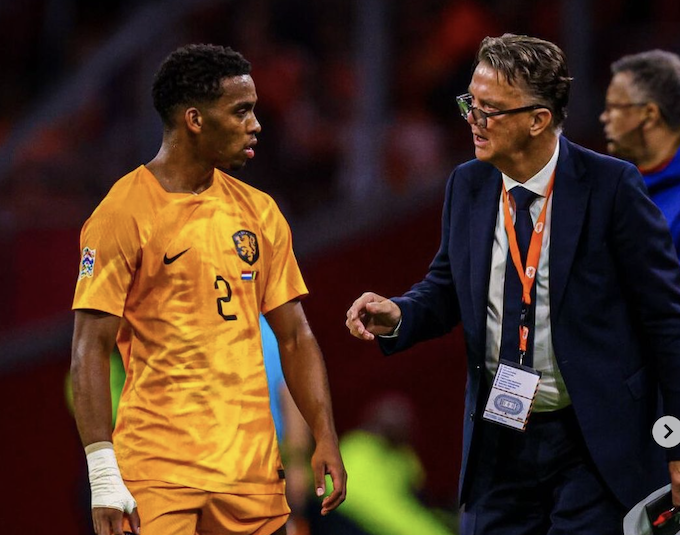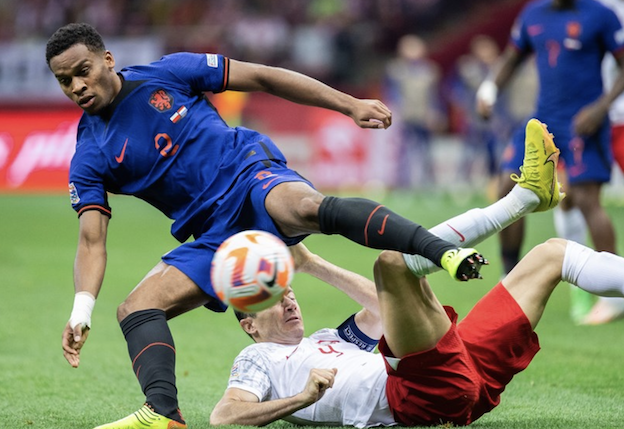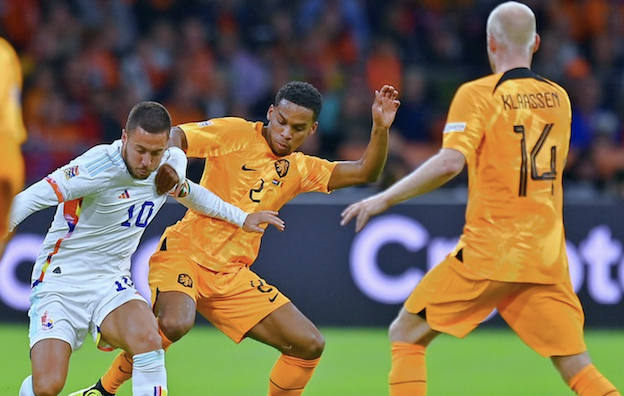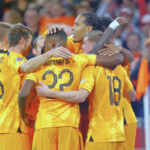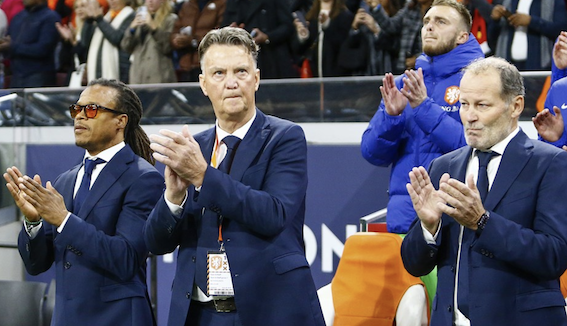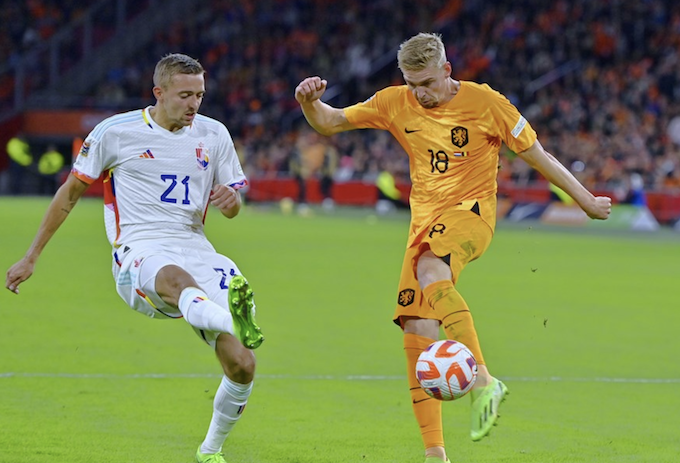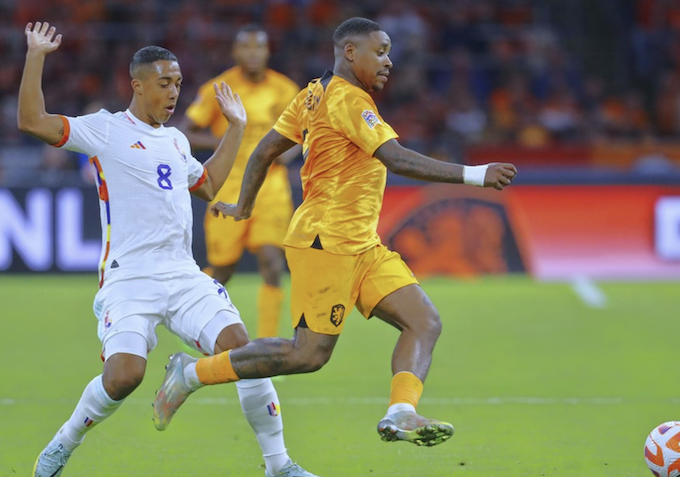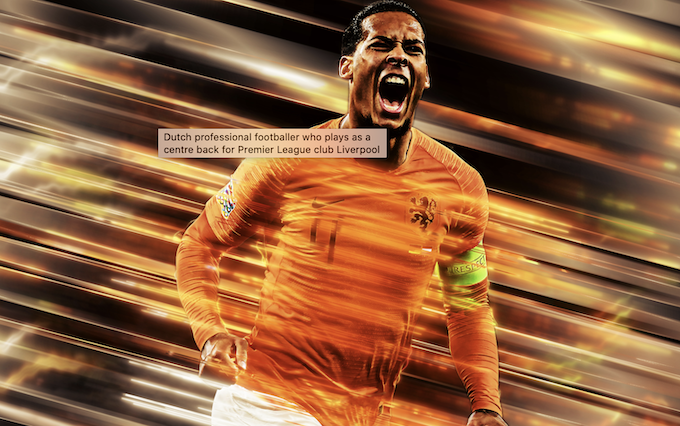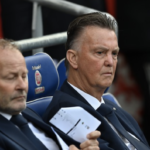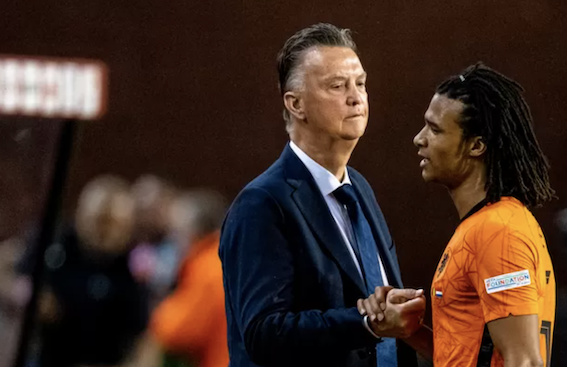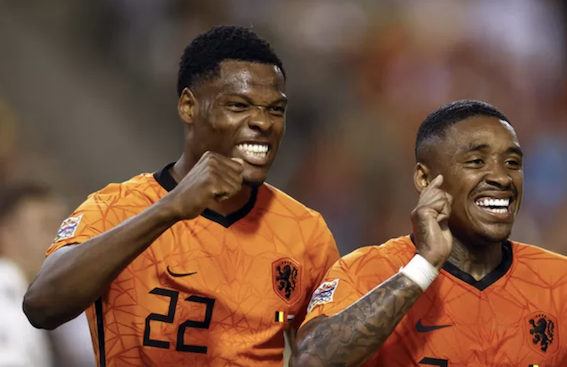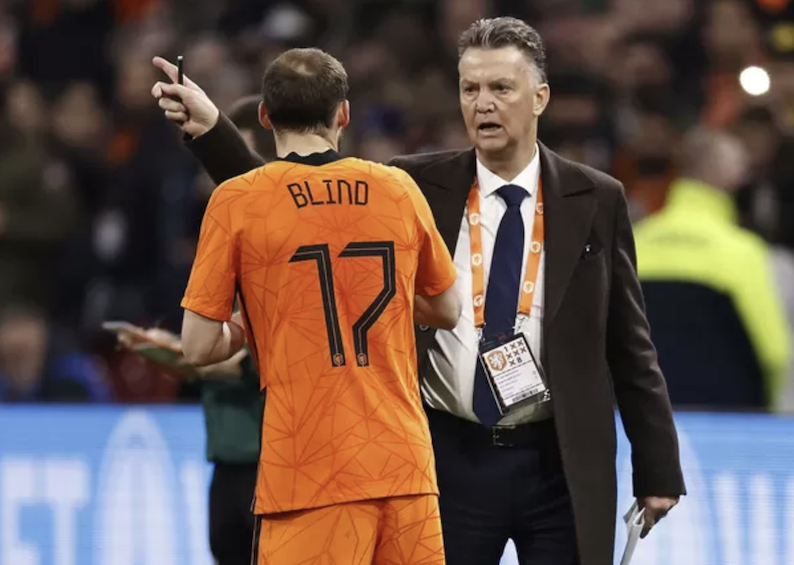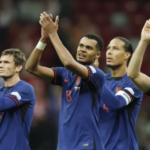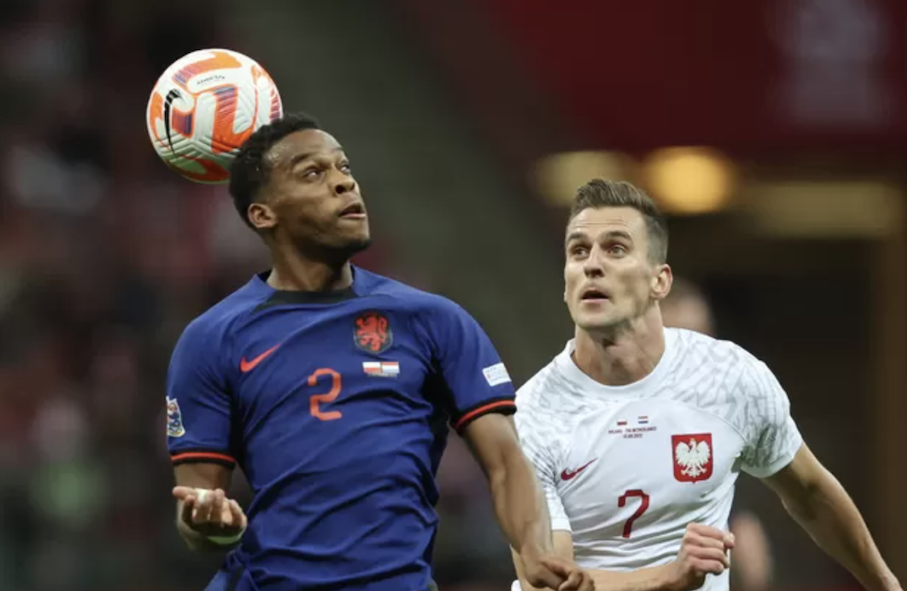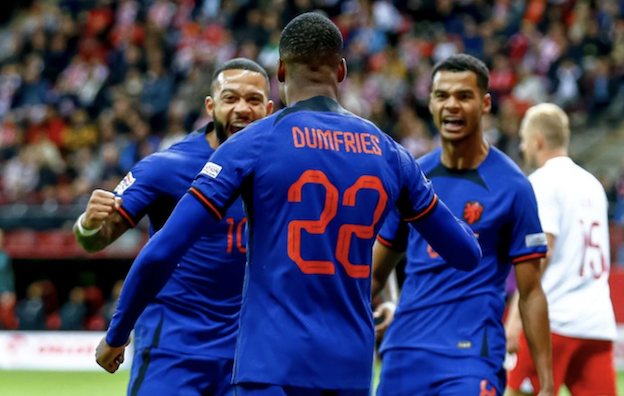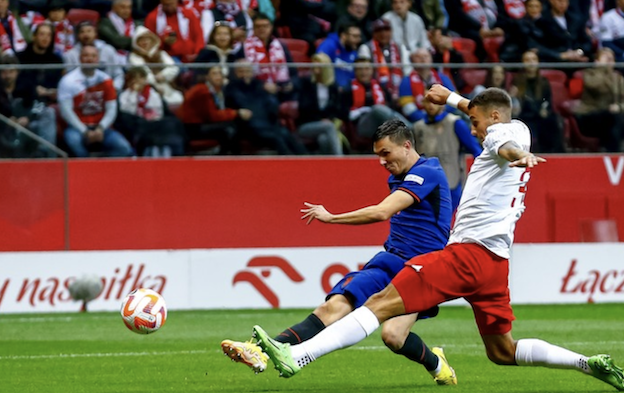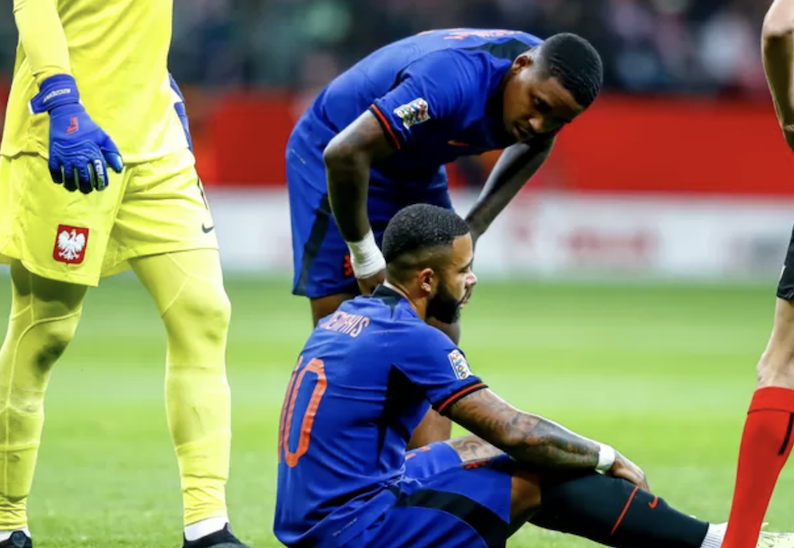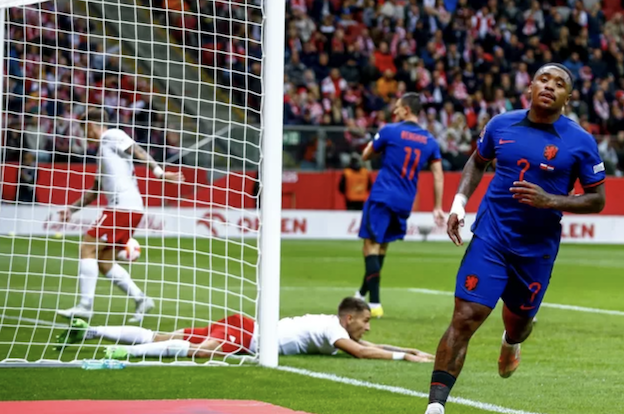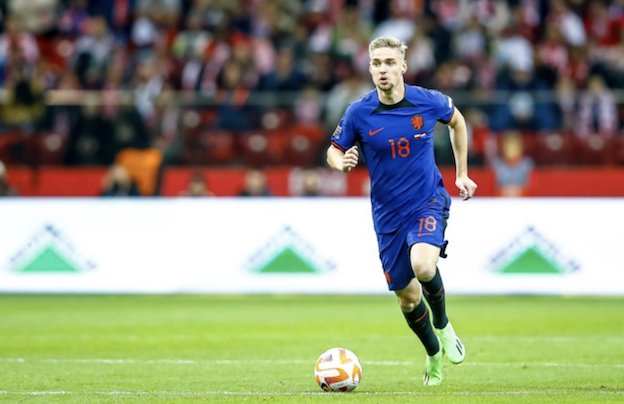Almost a month to go and we’re starting to leave the club competitions behind us.
You will have seen the squad selection by now? I don’t think too many surprises.
For some, the absence of Bizot was a surprise, as he was called up for the last international games. He was most likely part of the prelim squad, if not for some domestic family issues. Marco decided to forfeit the Euros as his family circumstances have not been resolved and he prefers to be with the family during the summer.

The list of injured players ( Hartman, Wieffer, Lang) might become longer with question marks for Marten de Roon, Frenkie de Jong, Memphis Depay and Zirkzee, while Luuk de Jong definitely retired from the NT.
Calvin Stengs, Thijs Dallinga and Steven Berghuis will have had idle hope and should something happen to Malen or Bergwijn or Xavi Simons, these three might still get a look in.
If Frenkie and Memphis can join the squad, I do believe we’ll be in good shape.
We simply need our key players to be in form and Koeman to pick a logical starting eleven for the games at the Euros.
I mean, our goalkeepers are fine. Our central defenders are top. Maatsen and Ake can cover the left side, even Blind might be able to play against opponents parking the bus. Frimpong and Dumfries will cover the right with Geertruida also on hand.
Our midfield options are pretty good, with Veerman, Schouten, Reijnders and Koopmeiners and when fit, we can expect some fire upfront from Malen, Gakpo, Simons and Brobbey.
As mentioned, we need Koeman to make the right decisions and allow the players to play to their strengths.
It may sound simplistic, but we need two teams: 1 that can dominate possession against the minions and 1 that can play on the transition when playing the strong countries who themselves want to dominate.
I will suggest three at the back in both scenarios and I would personally use Bijlow as first goalie.
My two teams:


Tell me your fave line up in the comments….


